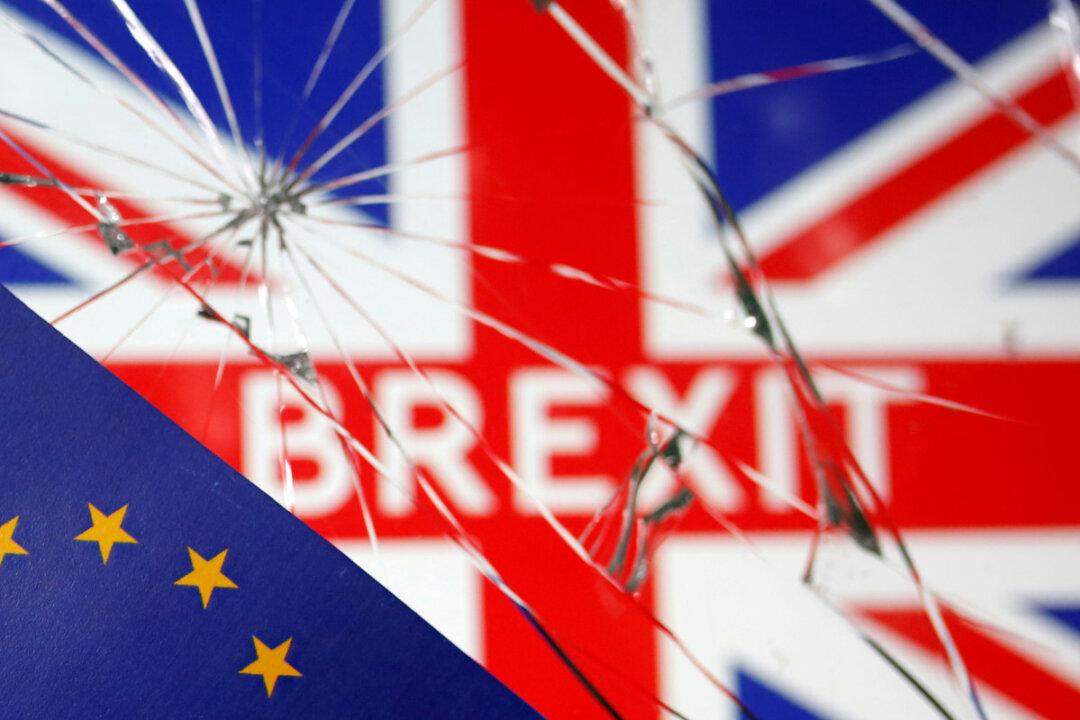More than 70 British business groups representing more than 7 million workers have issued an urgent call for politicians to revive the stalled Brexit talks and strike a deal with the European Union.
The groups, which include the Confederation of British Industry, TheCityUK, techUK, the National Farmers’ Union, and the British Retail Consortium, said in a joint statement on Oct. 18 that “securing a quick agreement matters greatly for jobs and livelihoods.”





